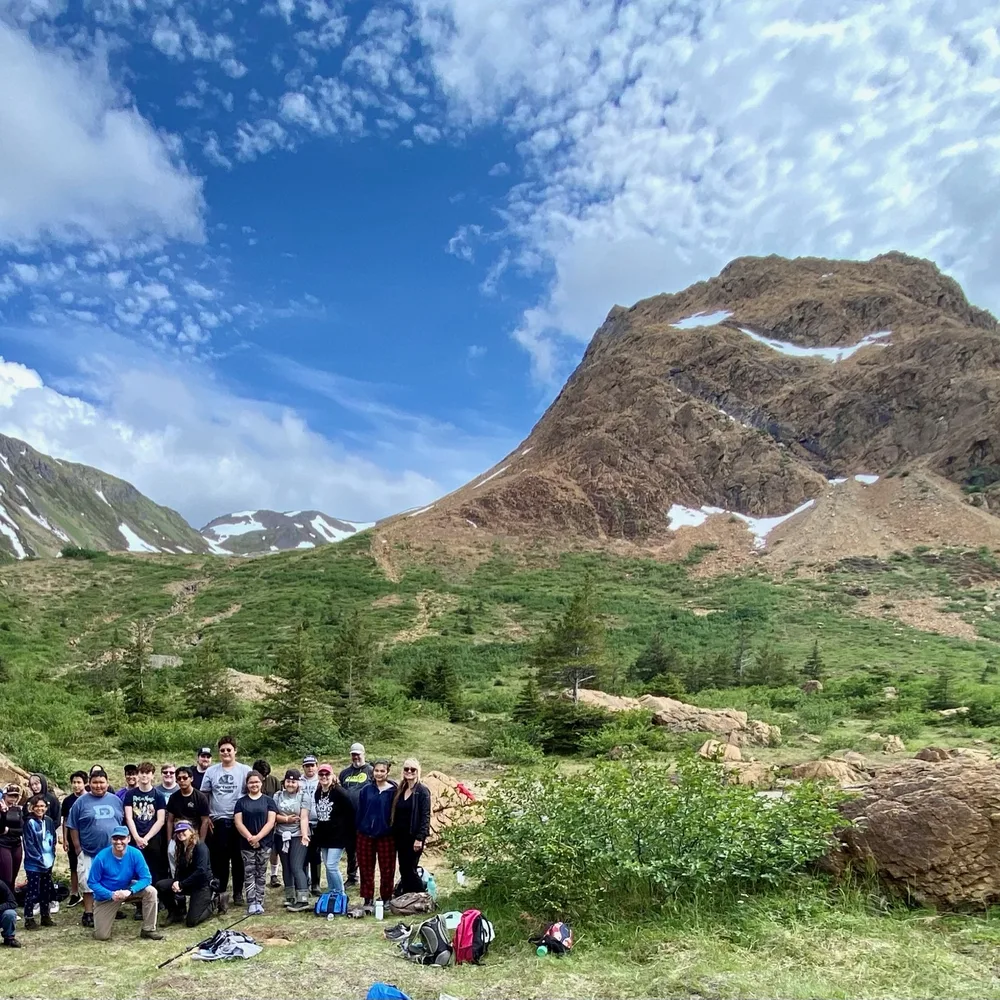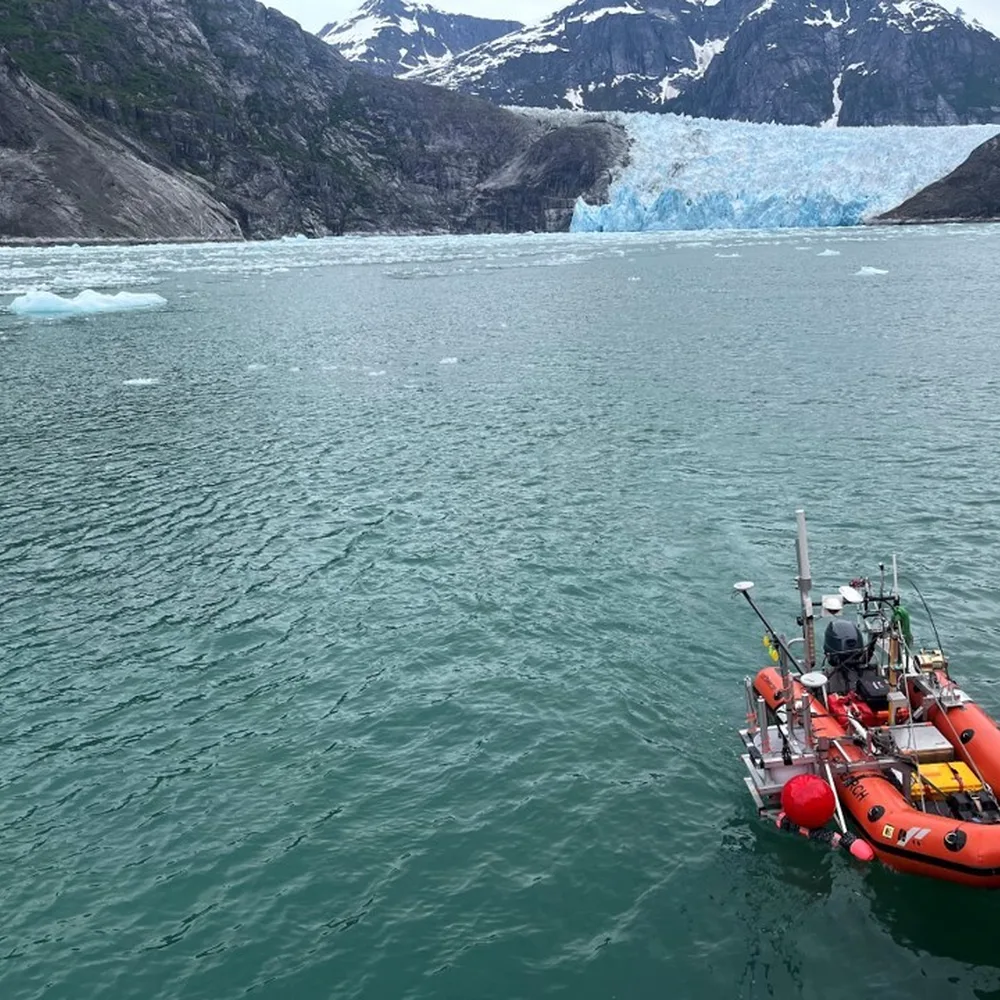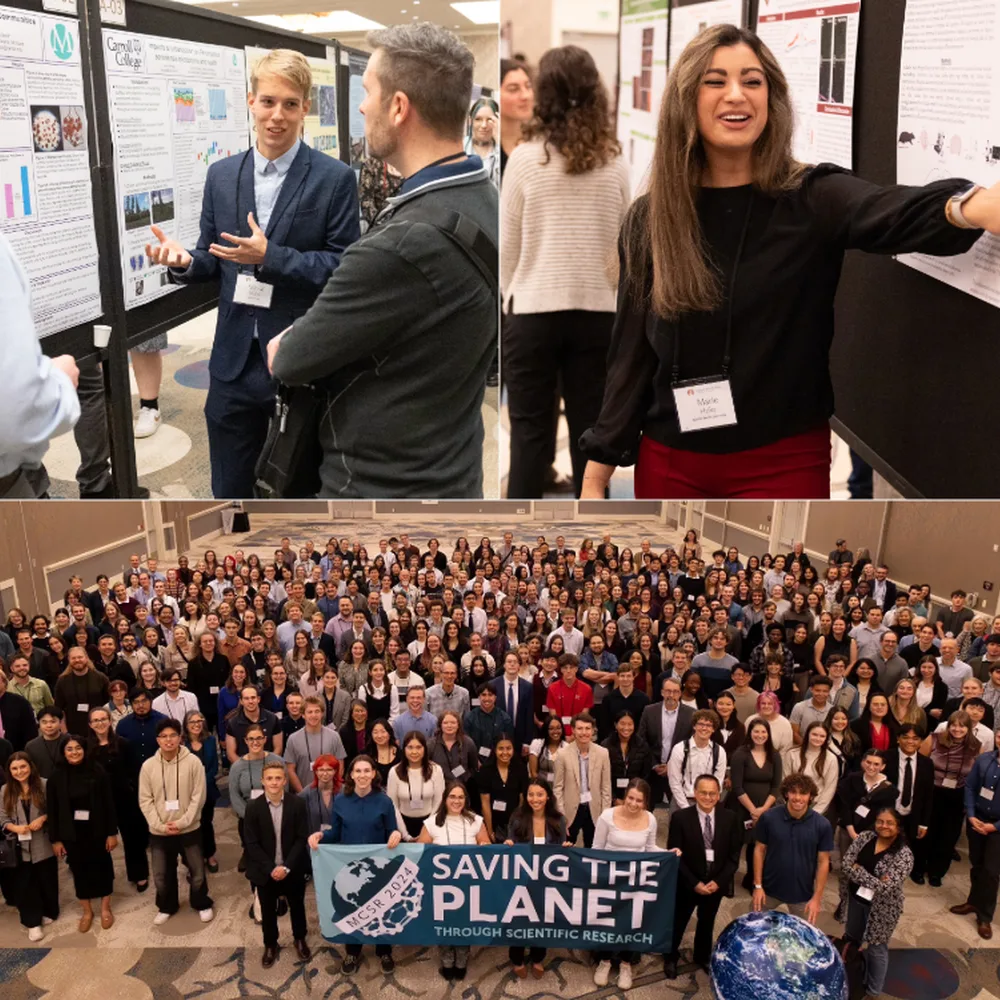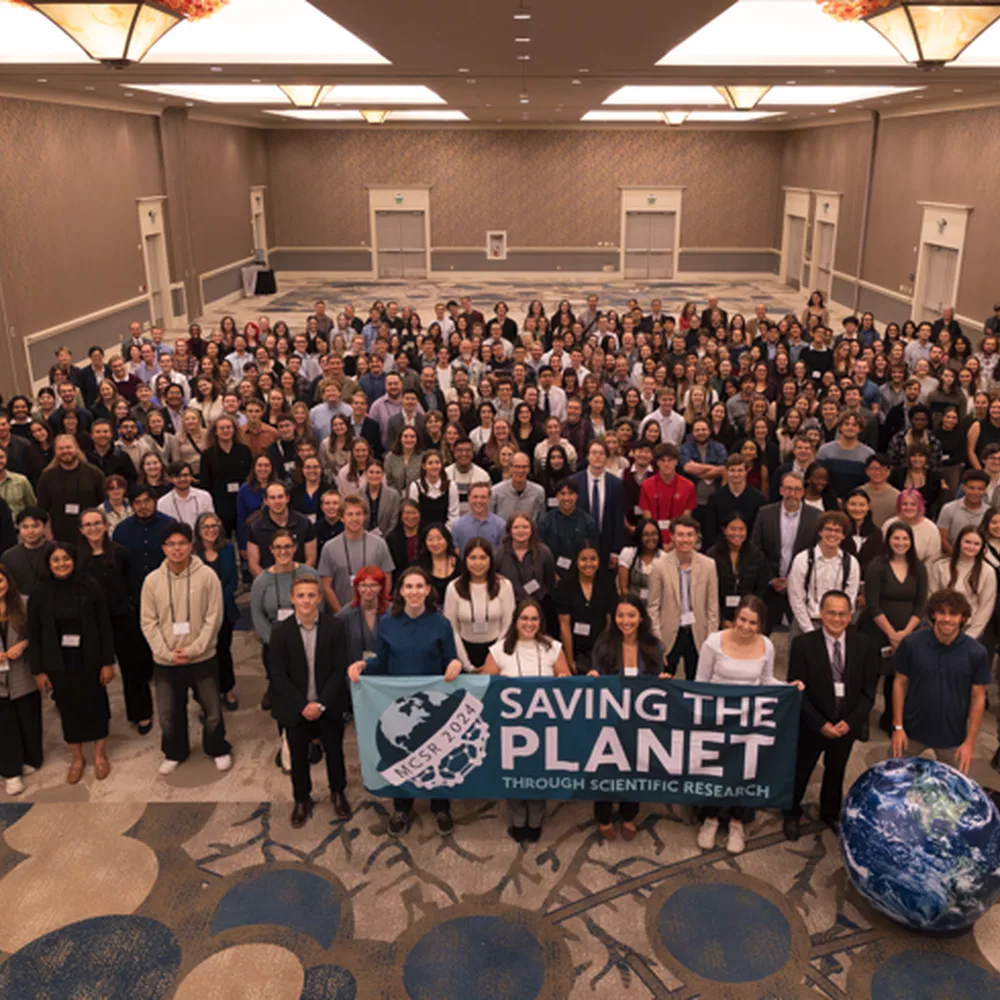by Jesse Richards • June 2018
It seems uncontroversial to assert that, currently, our country is deeply divided. And these divisions—across political, racial, and even religious lines—seem to be growing even deeper by the day. This does not bode well for the health of our public square.
In his recent work, John Inazu—Professor of Law and Political Science at Washington University in St. Louis—has shown how religious divisions tend to contribute to a breakdown in civil discourse. This uncivil discourse then generates further division among the American populous in our religiously plural public square. According to Inazu, those who crafted the American Constitution envisioned a thriving religiously plural populous made up of dissenting groups who engaged one another with civility. Inazu refers to this constitutional vision as confident pluralism. This constitutional vision, according to Inazu, was intended to generate virtues and practices which would enable American society to “survive and thrive through deep difference.” So if the founding fathers envisioned a civil and religiously plural society, why does America seem to be growing more uncivil and divided as of late?
With this vision of confident pluralism in mind, and as part of its mission to enrich life in the Pacific Northwest by bridging cultures and beliefs, the Murdock Trust recently hosted a convocation between academic professors of Religious Studies and pastors from across the city of Portland. Our goal in hosting the event was to foster more conversation between these academics working in the humanities discipline and local church pastors. So we brought academics (who are regularly forced within their humanities departments to discuss the plausibility of their belief systems with secular colleagues) together with Pastors (who are shaping the discourse systems of their parishioners in the public square) in hopes of strengthening relationships between these thought leaders (from both the University and the Church) so that they can learn to collaborate in the intellectual task of promoting this constitutional vision of a thriving, religiously diverse public square.
The event was held at Imago Dei Community with Dr. Michael Lloyd, the principal of Wycliffe Hall at the University of Oxford. Dr. Lloyd spoke for about 80 minutes engaging with the audience throughout his talk and pausing at times to allow for clarifying questions and remarks of various kinds. This lively, conversational atmosphere continued into lunch as those in attendance continued to dialogue with one another about the content of the discussion. The participants not only engaged with Dr. Lloyd’s academic work, but they also networked with one another and discussed the place of religion in the public square.
Since the vibrancy, diversity, and health of our public square is at stake, the Murdock Trust plans to host future convocations between academics and religious leaders as part of its work to bridge cultures and beliefs and thus promote civil discourse in the Pacific Northwest. Our society could certainly use more of the constitutional vision adduced by Professor Inazu, and we hope to contribute to such a vision so that our Pacific Northwest communities and all people across the United States can learn to flourish and thrive through deep difference.
Jesse Richards is a Visiting Scholar with the Murdock Trust where he focuses on cultivating young leaders from diverse backgrounds across the Pacific Northwest.
The post How Faith is Helping Heal the Cultural Divide appeared first on M. J. Murdock Charitable Trust.







